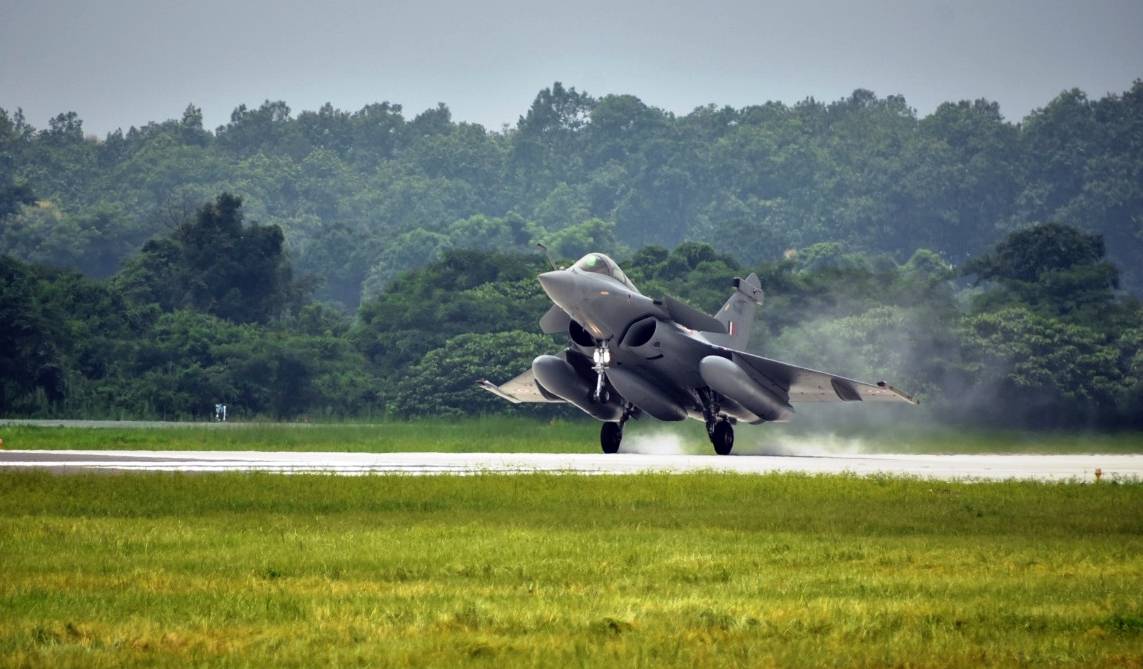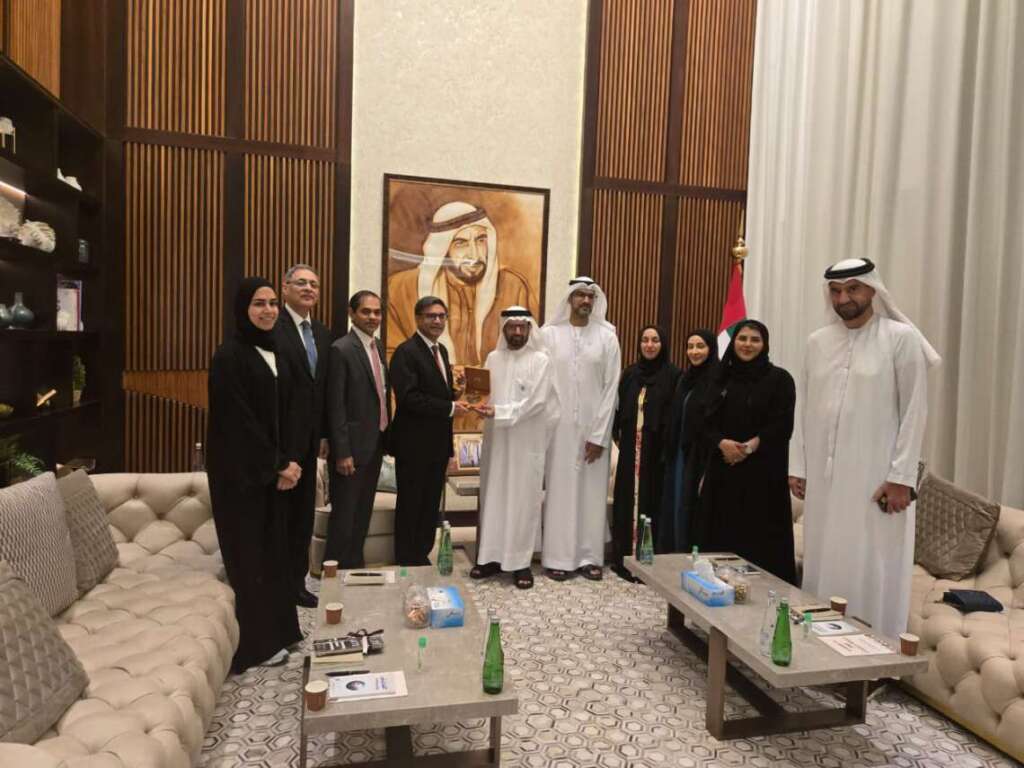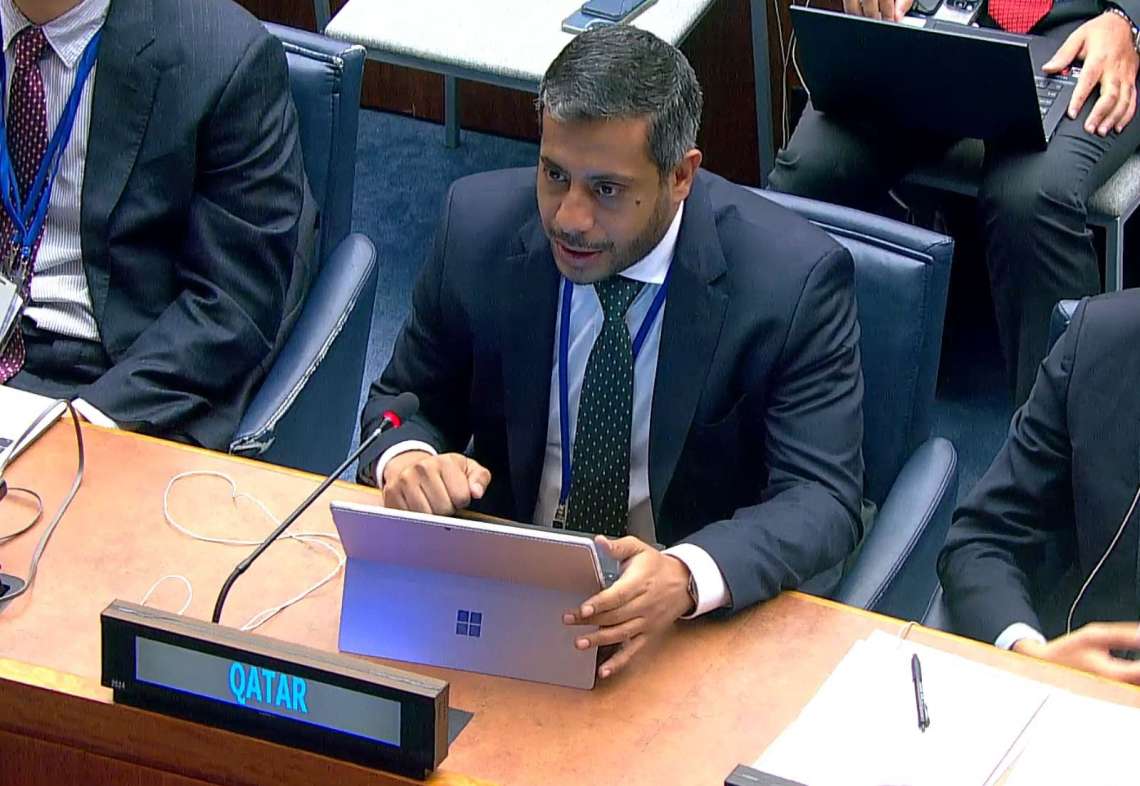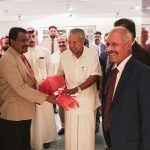This wave of disinformation reflects Turkey’s growing discomfort with a new defence alignment forming in South Asia and Europe….reports Asian Lite News
Turkey is once again using misinformation as a strategic tool — this time, leveraging the India-Pakistan conflict to rattle Greece. In its latest media offensive, conservative Turkish outlet TR Haber has circulated unverified claims targeting the Rafale fighter jets used by both India and Greece.
Following Pakistan’s claim that it shot down Indian aircraft during a recent skirmish, TR Haber published a vague report — citing unnamed sources — suggesting that Greece is now doubting the Rafale jets’ capabilities. The outlet also alleged that India was dissatisfied with the French jets, refusing a technical review offered by manufacturer Dassault Aviation. None of these claims have been supported by credible evidence, and the Indian government has issued no statement on the matter.
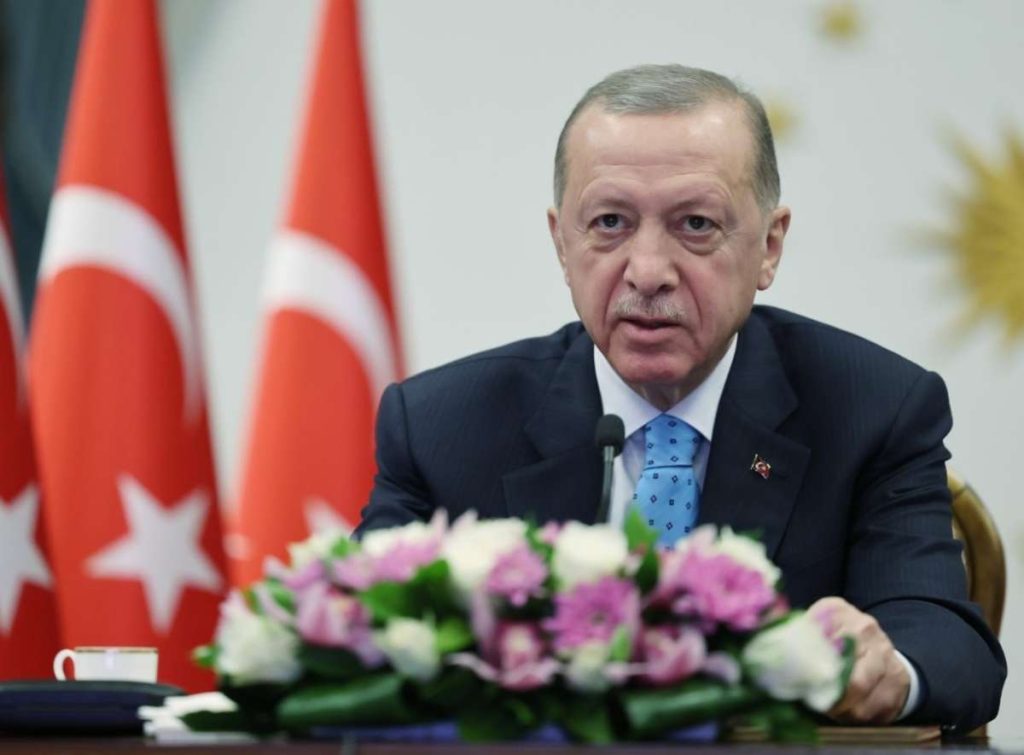
This wave of disinformation reflects Turkey’s growing discomfort with a new defence alignment forming in South Asia and Europe. According to Zee News, India’s air force reportedly crippled Turkish-origin Bayraktar drones during its operations against Pakistan — a blow that could lead to billions in cancelled drone export contracts for Ankara.
Now, with Greece having bought 24 Rafale jets from France, Turkey fears a scenario where India shares its battlefield experience and counter-drone systems with Athens. That would weaken Turkey’s strategic edge in the Eastern Mediterranean, especially amid its tensions with Greece and Cyprus.
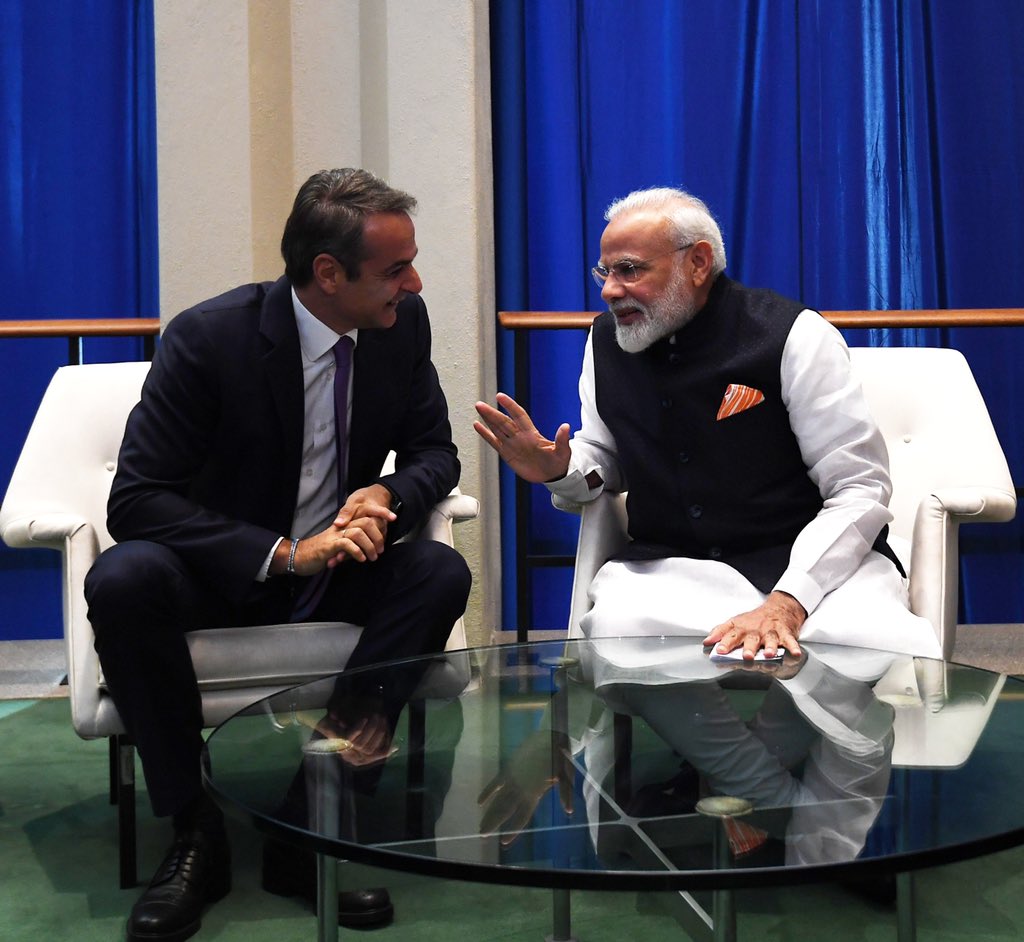
TR Haber’s report also hints at Turkey’s deeper concern — the possibility that India may invest in Greece’s defence sector, particularly in firms like EAB and EAS. Such partnerships would be seen as a direct response to Turkey’s open support for Pakistan and growing hostility toward India.
India’s support for Greece may go beyond diplomatic signalling. As Zee News notes, New Delhi is reportedly considering investments in Greek ports, tourism, and aerospace industries — a move that would challenge Turkey’s regional influence.
Meanwhile, Indian defence exports like the Akash air defence system and the BrahMos supersonic cruise missile are gaining global traction. If India chooses to supply these to Greece, Turkey’s fear of a “military encirclement” by India-backed forces could soon become a reality.
Turkey’s attempt to cast doubts on the Rafale fighter jet — already battle-tested in various theatres — appears more about psychological warfare than genuine concern. The coordinated spread of anti-Rafale narratives across Pakistani, Chinese, and Turkish media circles shows a tactical alliance aimed at weakening India’s defence diplomacy.
But with India continuing to build stronger ties with Greece, Armenia, and Cyprus, Turkey’s propaganda machine may soon find itself outmanoeuvred on all fronts.

